
Japan Grants Medical Equipment to Kathmandu Cancer Center Enhancing Treatment Capabilities
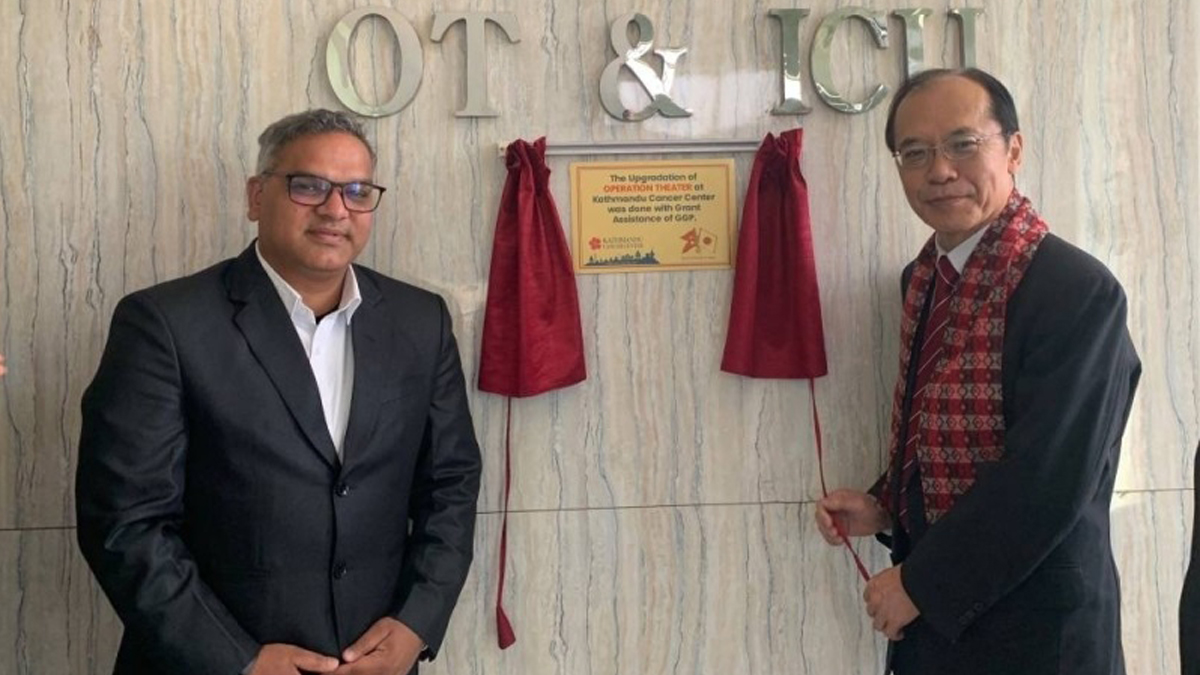
The Government of Japan has extended support to the Kathmandu Cancer Center (KCC) in Changunarayan Municipality, Bhaktapur. Today marked a pivotal moment as Kikuta Yutaka, Ambassador of Japan to Nepal, graced the handover ceremony at the hospital’s premises, symbolizing Japan’s commitment to aiding medical advancements in Nepal.
Under the esteemed Grant Assistance for Grassroots Human Security Projects (GGP) initiative, Japan allocated USD 74,033 (approximately NPR 8.75 million) for the installation of vital medical equipment at the Kathmandu Cancer Center in Bhaktapur District. This includes sophisticated operating room essentials such as camera and monitor-equipped operating lights and monitors, along with a versatile operating table designed to accommodate various surgical needs.
Expressing profound gratitude, Ambassador Kikuta commended the collaborative efforts that brought this project to fruition, emphasizing its transformative impact on healthcare delivery. The upgraded facilities are poised to elevate the quality of medical services offered by KCC, providing renewed hope and comfort to patients and their families.
Established in 2016, KCC has been a beacon of care for cancer patients in the region. However, the lack of advanced medical equipment hindered the hospital’s ability to perform complex surgeries. With Japan’s generous support, KCC is now equipped to undertake intricate procedures, significantly expanding its treatment capabilities.
The Embassy of Japan in Kathmandu underscored the broader significance of this endeavor, noting its potential to address the escalating demand for enhanced medical services within the community. Moreover, the project exemplifies the enduring friendship and cooperation between the people of Japan and Nepal, fostering deeper bonds of goodwill and mutual assistance.
The Grant Assistance for Grassroots Human Security Projects (GGP) initiative, established with the welfare of communities in mind, has been instrumental in driving socio-economic development across Nepal since 1991. With over 200 projects implemented to date, GGP continues to empower grassroots initiatives, bringing tangible benefits to the lives of Nepali citizens.
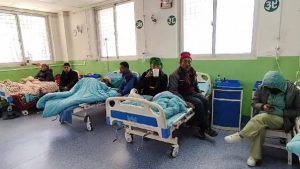

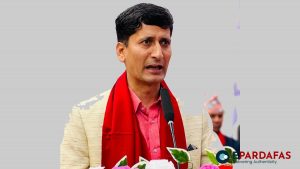


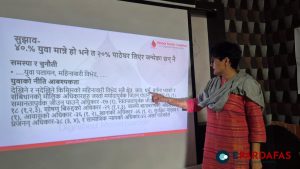





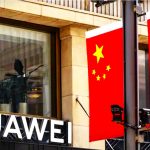
Comments